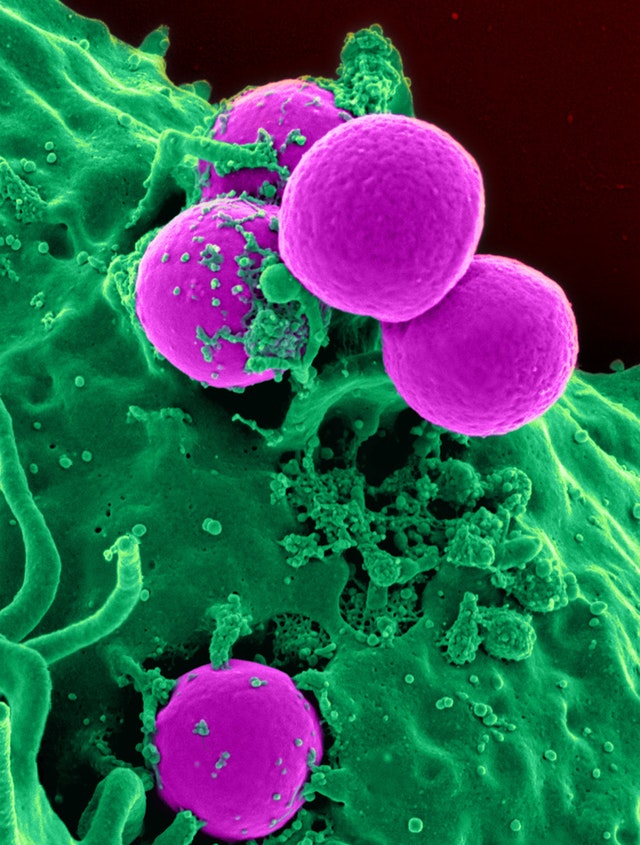Clostridium Difficile, or C. difficile, strikes fear into the hearts of many. This life-threatening infection, caused through contact with bacteria, can develop rapidly even under the watchful eye of hospital staff. In fact, it is often spread in health care facilitates or nursing homes due to proximity of the bacteria.
Two researchers, Professor Seyed Moghadas and PhD student Sara Maghdoori, mathematicians in York University’s Agent-Based Modelling Laboratory in the Faculty of Science, wanted to evaluate strategies for reducing this risk. Their research, funded by the Natural Sciences and Engineering Research Council of Canada (NSERC) ? which identifies one of its top research priorities as health and related life sciences and technologies ? and the Mathematics of Information Technology and Complex Systems (Mitacs), considered how to control C. difficile in hospitals and offered new hope through early detection – more specifically: screening.
“Rapid detection remains an important component of control. Screening in-hospital patients with potential exposure to colonized patients or contaminated environment and equipment can help reduce the rates of transmission,” says Maghdoori, the lead author. (Moghadas co-authored and supervised.) “Colonization” refers to the development of a bacterial infection in a patient. The infected person may have no signs or symptoms of infection while still having the potential to infect others.
“This will have significant public health and clinical implications, especially in light of the emergence and community spread of hypervirulent strains of C. difficile,” Moghadas adds. Policy-makers, public health officials, clinicians and epidemiologists will be interested in these findings, published in BMC Infectious Diseases (2017).
C. difficile is one of the most common infections found in hospitals and long-term care facilities. Moghadas and Maghdoori report that C. difficile has become the leading cause of hospital-acquired diarrhea worldwide, and it remains among the top 10 infectious causes of death in the developed world.
Seniors in health care facilities are at greatest risk, as are people with other illnesses or conditions being treated with antibiotics and certain other stomach medications that increase the risk of C. difficile colonization.

